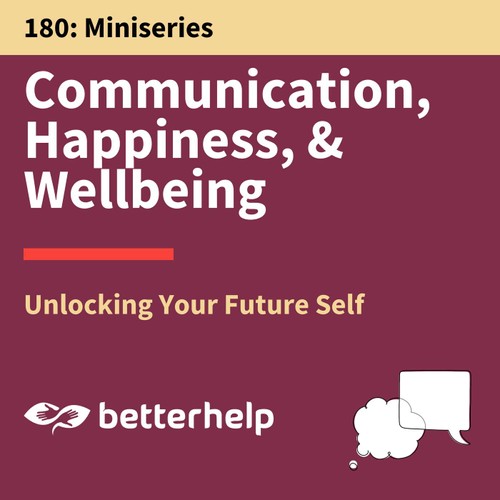
 Think Fast Talk Smart: Communication Techniques
Think Fast Talk Smart: Communication Techniques 180. Unlocking Your Future Self: Communication, Happiness & Wellbeing
258 snips
Jan 23, 2025 Hal Hershfield, a UCLA professor and author of 'Your Future Self,' dives into how envisioning our future selves can transform our present choices. He explains that by treating our future selves like distinct individuals, we can enhance decision-making and combat procrastination. Hershfield emphasizes practical strategies like writing letters to our future selves and employing temptation bundling for better motivation. The discussion also highlights the significance of clear communication in achieving personal growth and success.
AI Snips
Chapters
Books
Transcript
Episode notes
Future Self and Well-being
- Think about future selves tied to future goals.
- Tapping into future selves' feelings motivates beneficial present actions.
Managing Procrastination
- Acknowledge that future selves are different people.
- Pushing pain to future selves through procrastination creates compounding harm.
Kindness and Self-Handicapping
- Treat your future self with kindness, as you would a loved one.
- Avoid self-handicapping by acknowledging that past obstacles will likely reappear.





